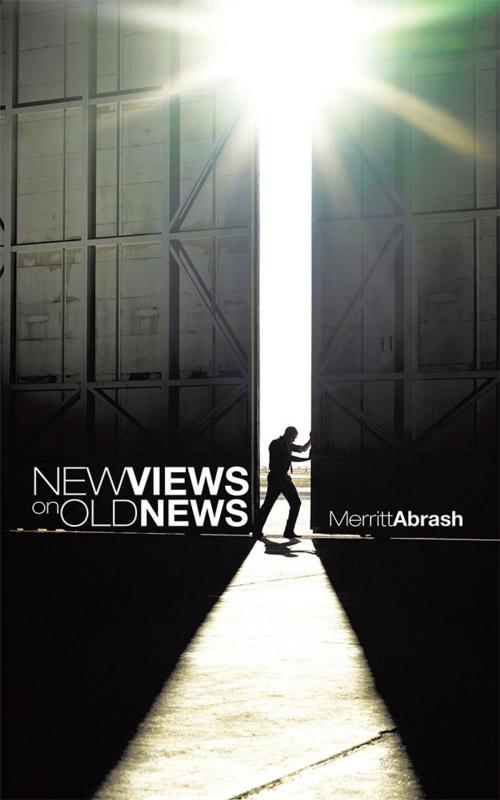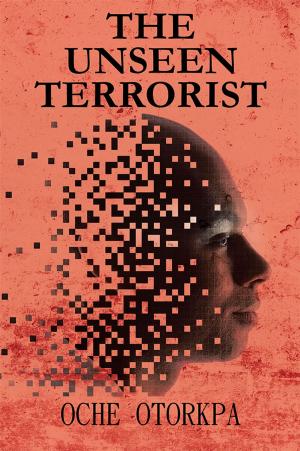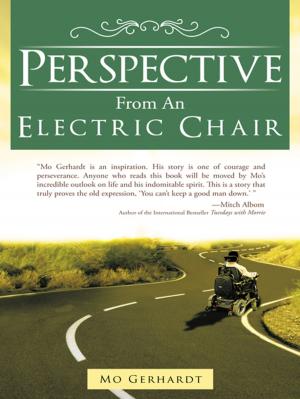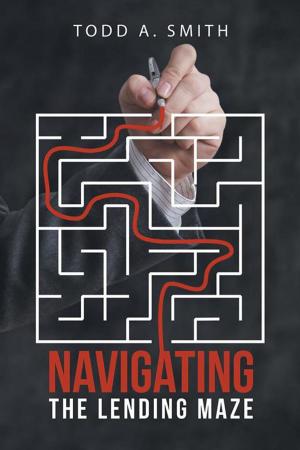New Views on Old News
Fiction & Literature, Literary Theory & Criticism, Science Fiction & Fantasy, Science Fiction| Author: | Merritt Abrash | ISBN: | 9781491868409 |
| Publisher: | AuthorHouse | Publication: | May 8, 2014 |
| Imprint: | AuthorHouse | Language: | English |
| Author: | Merritt Abrash |
| ISBN: | 9781491868409 |
| Publisher: | AuthorHouse |
| Publication: | May 8, 2014 |
| Imprint: | AuthorHouse |
| Language: | English |
The objective of the seven articles reprinted in New Views on Old News is to promote reconsideration of longstanding assumptions about a variety of significant creative works. The hope of author Merritt Abrash is that readers will find Thomas Mores Utopians, H.G.Wells time traveler, Karel Capeks robots, Alfred Hitchcocks birds, and the other subjects of the book, no longer appearing quite the same as widely understood. It is not a matter of previous interpretations being in any way wrong; rather, the general point of the articles is that in regard to the works they discuss, exactly the same evidence can, if viewed from different angles, lead to different conclusions claiming equal validity. The long short story, A Question of Code, which begins New Views on Old News, stands apart from the seven articles in that it presents a new view regarding which virtually no old news exists to be reconsidered. The only longstanding assumption about its subject matterretribution for the Holocaust--could be said to be that, in the first place, the latter defies any form of plausible creative handling at all. Instead of comparing the validity of different interpretations, each reader of this story must come to his or her own unaided conclusion about the merit of the Majors design very much as does the narrator in the story. Aside from any other virtues (or lack of same), New Views on Old News should open up for readers fresh avenues toward understandings, just as compiling its various parts did for the author.
The objective of the seven articles reprinted in New Views on Old News is to promote reconsideration of longstanding assumptions about a variety of significant creative works. The hope of author Merritt Abrash is that readers will find Thomas Mores Utopians, H.G.Wells time traveler, Karel Capeks robots, Alfred Hitchcocks birds, and the other subjects of the book, no longer appearing quite the same as widely understood. It is not a matter of previous interpretations being in any way wrong; rather, the general point of the articles is that in regard to the works they discuss, exactly the same evidence can, if viewed from different angles, lead to different conclusions claiming equal validity. The long short story, A Question of Code, which begins New Views on Old News, stands apart from the seven articles in that it presents a new view regarding which virtually no old news exists to be reconsidered. The only longstanding assumption about its subject matterretribution for the Holocaust--could be said to be that, in the first place, the latter defies any form of plausible creative handling at all. Instead of comparing the validity of different interpretations, each reader of this story must come to his or her own unaided conclusion about the merit of the Majors design very much as does the narrator in the story. Aside from any other virtues (or lack of same), New Views on Old News should open up for readers fresh avenues toward understandings, just as compiling its various parts did for the author.















